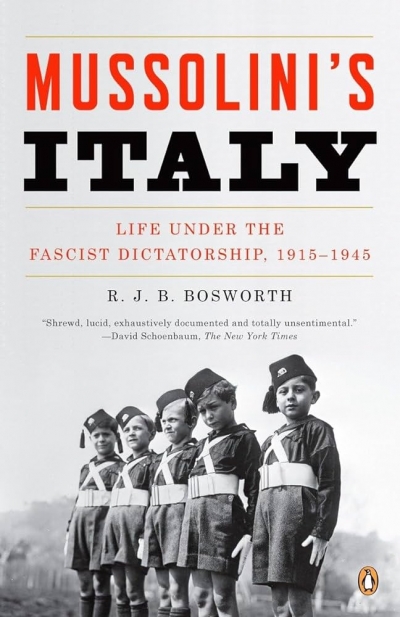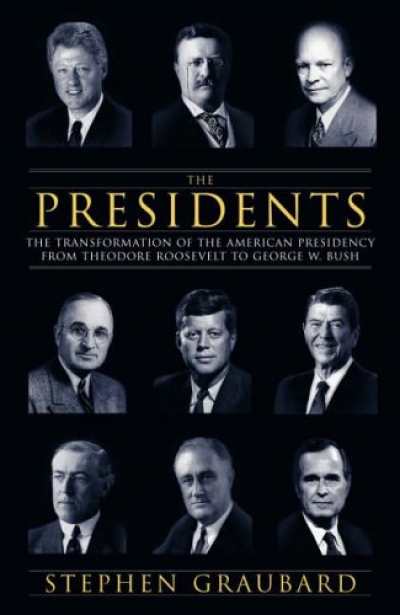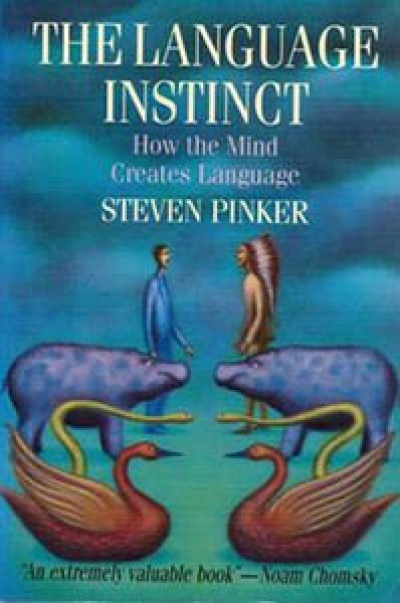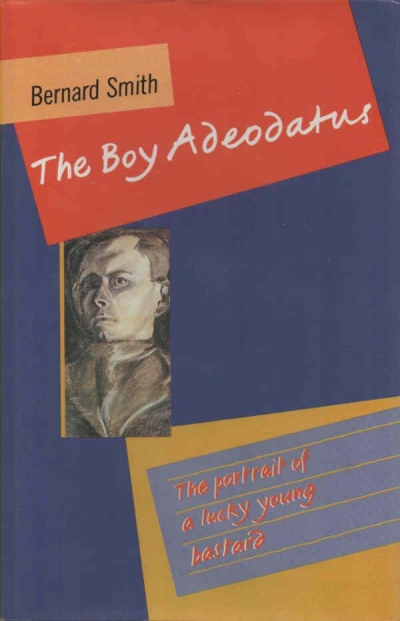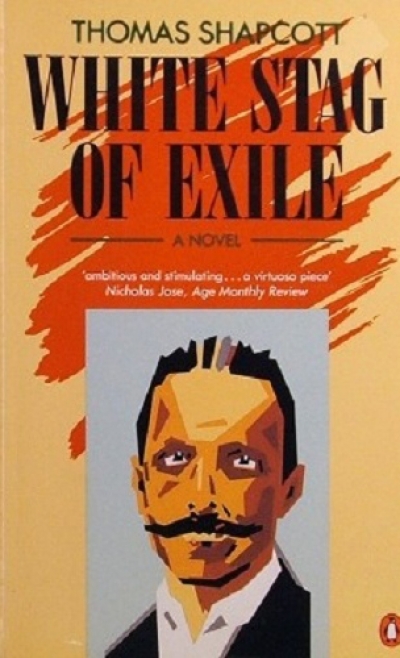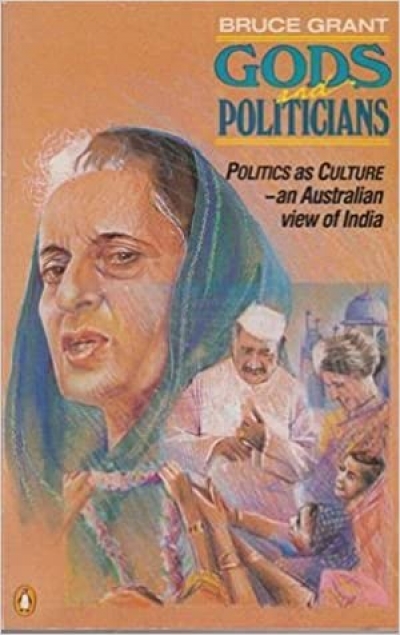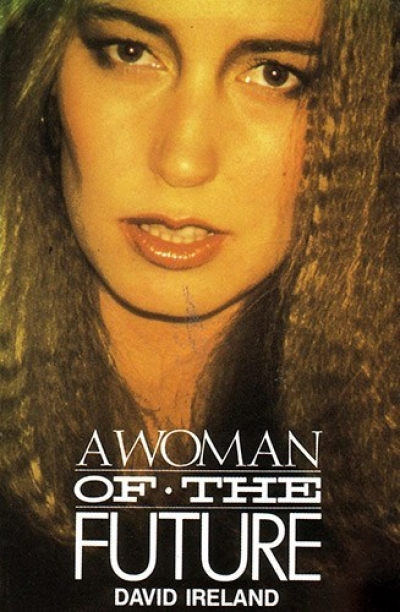A Woman of the Future, David Ireland’s sixth novel, is narrated in the first person by a woman, Alethea Hunt. This kind of ‘literary transvestism’ is not new, and in any case is not essentially different from writers who, in third-person narration, inject themselves into the consciousness of a character of the opposite sex. Ireland’s book, however, is remarkable for the way in which a male writer deals obsessively with the sexual thoughts and experiences of a woman. Indeed, it may well incur the ire of feminists that a man should presume, on principle, to understand such experiences. But he handles the role with sensitivity and insight, as he traces a young girl’s awakening sexual consciousness (if it was ever asleep) through to her later contacts with boys and men, most of which are, if not brutalising, at least unsatisfying. Though she claims, even as a small child and much to the satisfaction of her liberated ‘feminist’ parents, that she is without penis envy, she exhibits an extraordinary fascination with the male sexual organ, which is usually described in terms that would make most women want to give up heterosexual intercourse permanently. If these descriptions were meant to be representative of women’s feelings, perhaps one might object, but Alethea Hunt is clearly mad, albeit in the context of a world which is far crazier.
...
(read more)

